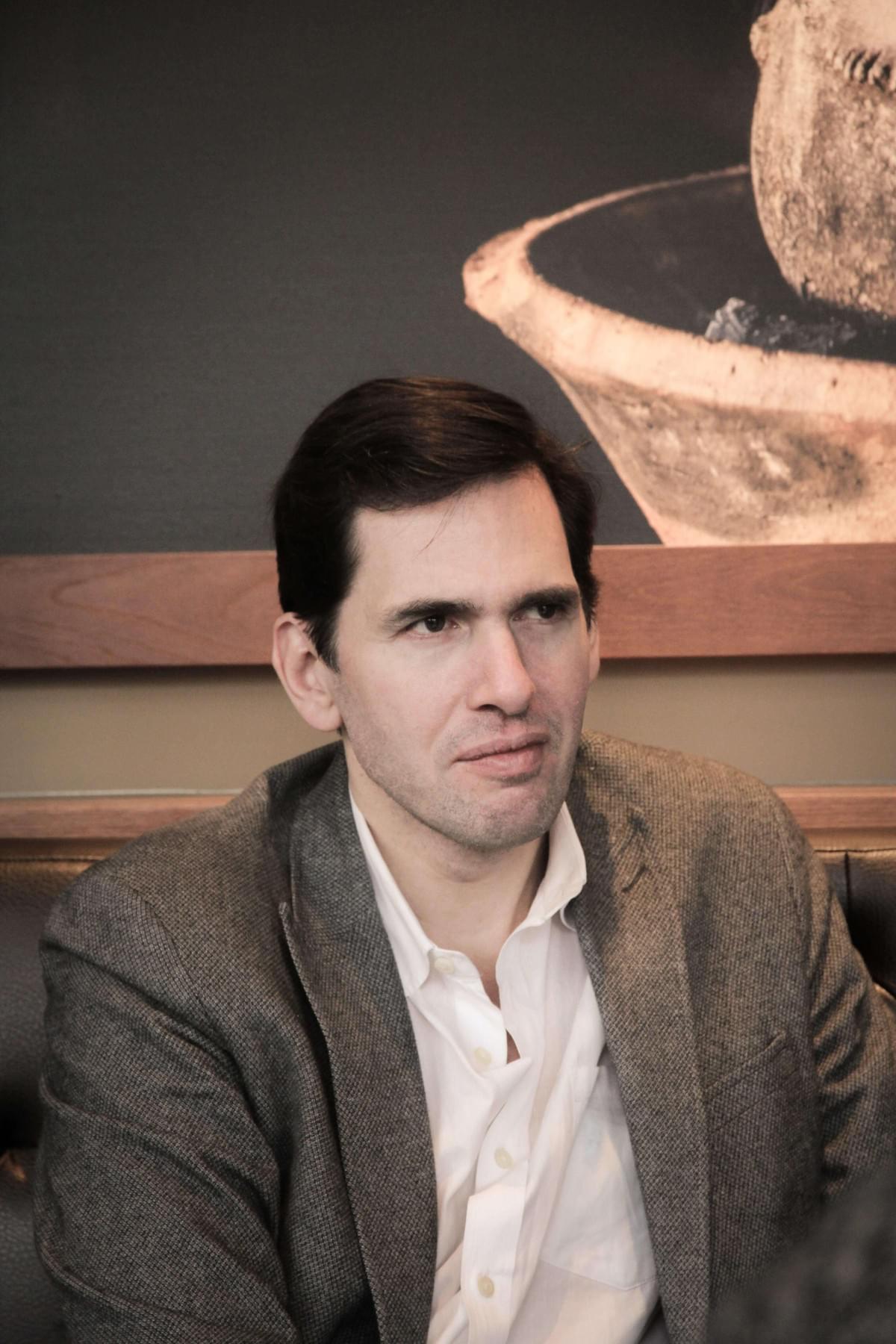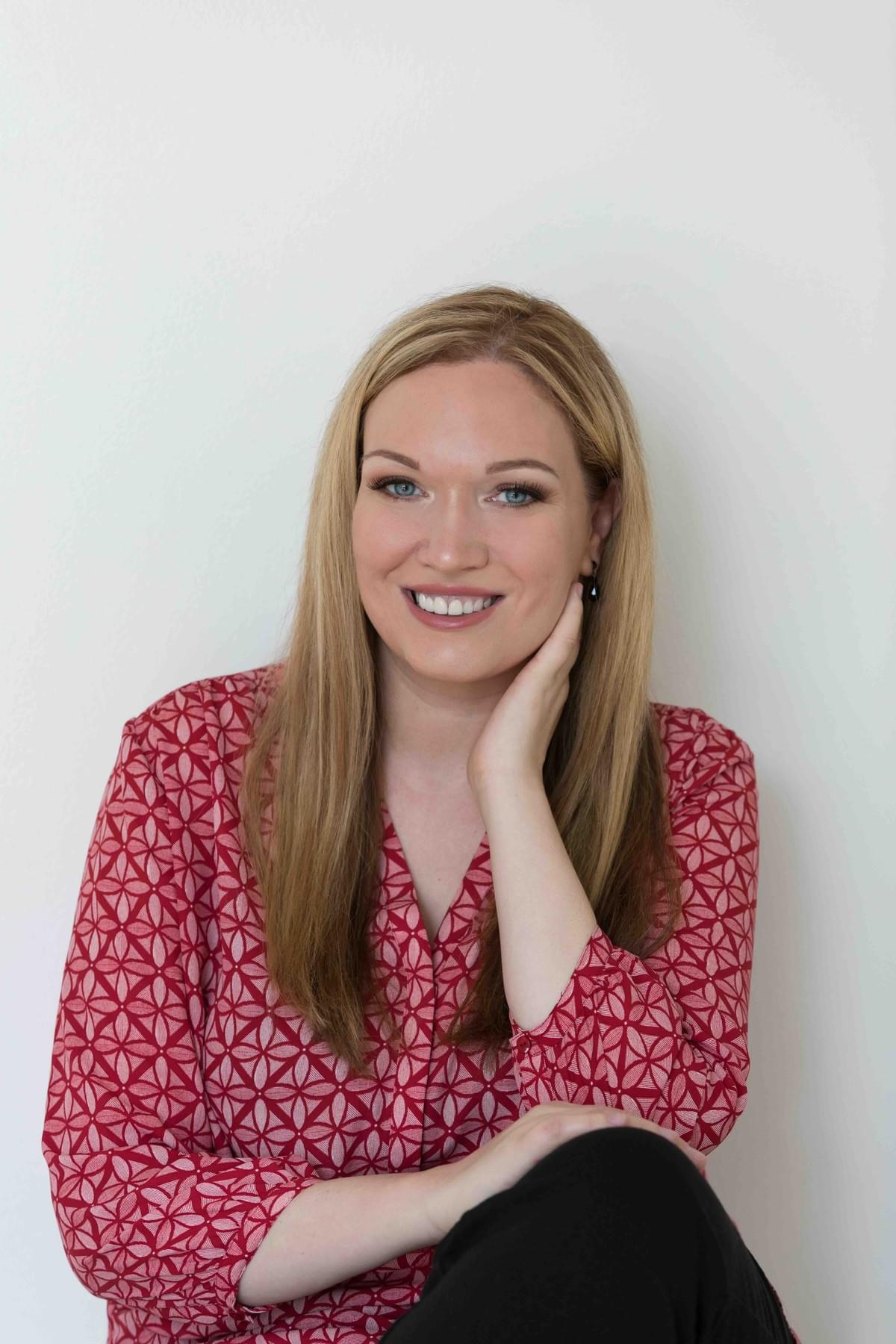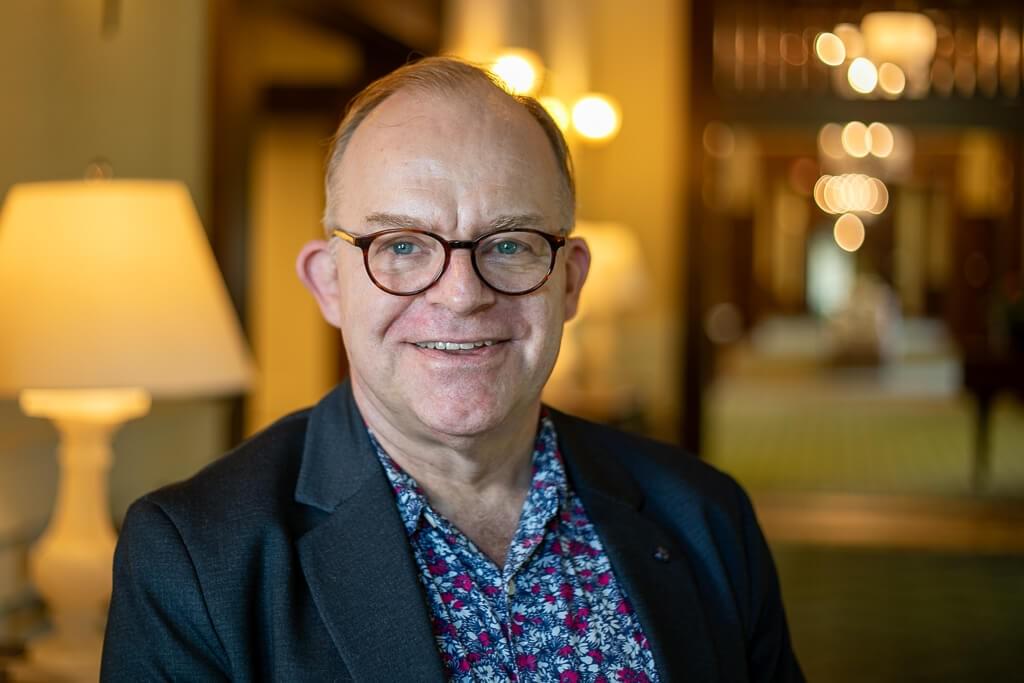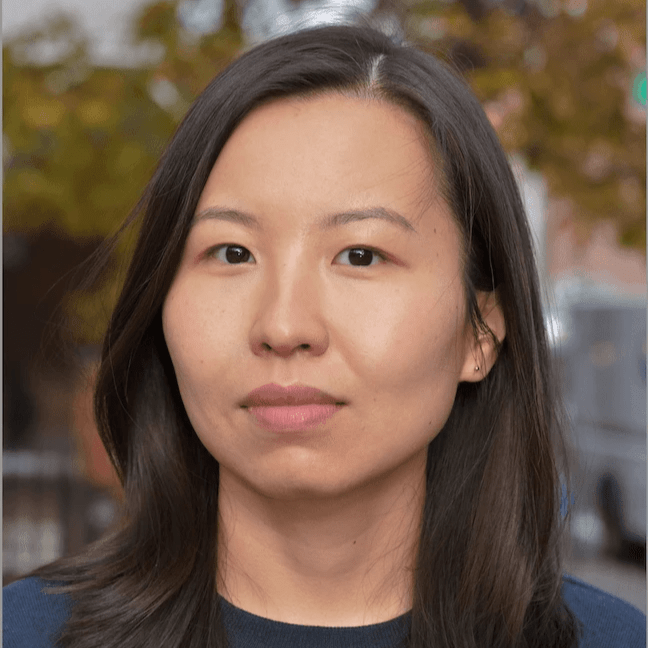
Non-Fiction Translation Fellowship
Season 2
在場 · 非虛構翻譯獎學金 第二季
The Non-Fiction Translation Fellowship is jointly funded by Cheng Shewo Memorial Fund, Duke Story Lab, and Frontline Fellowship in 2024. Beyond nurturing and supporting beginner nonfiction translators, we aim not only to translate the language but also to capture cultural nuances, bridging communication and understanding between different boundaries. The fellowship invites translators and authors to collaborate, providing financial support, one-on-one mentorship, and assistance with publication. It is open to individuals of all nationalities, geographic locations, and backgrounds.
「在場 · 非虛構翻譯獎學金」由成舍我紀念基金會、杜克大學故事實驗室與在場 · 獎學金,於2024年聯合成立,旨在培養非虛構翻譯的新人,華語英譯「在場・非虛構寫作獎學金」得獎作品,不只翻譯語言,更將細微語境轉譯——在不同文化之間搭起溝通與理解的橋樑。「在場 · 非虛構翻譯獎學金」來到第二季,邀請譯者與作者共同工作,提供獎學金、一對一導師協助、正式出版發表作品等支援。獎學金不限國籍、職業與年齡,面向所有翻譯人開放。

ELIGIBILITY
All translators, regardless of nationality, profession, or age, are welcome to apply.

GRANTS
US$1,500 / fellowship, with three to four fellowships granted.

MENTORSHIP
Fellows will have the opportunity to work alongside an experienced translator and receive guidance not only on translation, style and editing, but also on how to pitch to English-language publishing venues.
Meet our Non-Fiction Translation Fellows
*Sorted Alphabetically by Surname
We're excited to unveil our Frontline Non-Fiction Translation Fellowship Season 2 cohort!Our panel of judges has selected four fellows for this round of a 3-month translation mentorship.

Yan Chen
翻譯
《戰火下的文學抉擇:烏克蘭的去俄化與身份認同重塑》
(原作者:糜緒洋,在場・非虛構寫作獎學金第四季得獎作品)

Dominic Wong
翻譯
《泰國 —— 中國跨性別的應許之地》
(原作者:胡卯,在場・非虛構寫作獎學金第四季得獎作品)

David Yang
翻譯
《愛沙尼亞的中國「數字居民」:通往新身份之路》
(原作者:周悠遊,在場・非虛構寫作獎學金第二季得獎作品)

Hongyu Jasmine Zhu
翻譯
《伊人在暹羅》
(原作者:李潔琳,在場・非虛構寫作獎學金第四季得獎作品)
Mentors
*Sorted Alphabetically by Surname

Lilith Acadia 王莉思
Mentor Dominic Wong 指導翻譯《泰國——中國跨性別的應許之地》
Lilith Acadia is an Assistant Professor in the Department of Foreign Languages and Literatures at National Taiwan University, and 2024–2025 Taiwan Literature Base Writer-in-Residence, with a PhD in Rhetoric from the University of California Berkeley. Dr Acadia's academic and creative work focuses on gender and queer theory, queer and Taiwanese literature, science fiction, discourses of religion, ethnography, and pretext.
王莉思現任國立臺灣大學外國語文學系助理教授。博士畢業於加州大學柏克萊分校修辭學系。2024-2025年度臺灣文學基地駐村作家。學術研究及創作主題集中在性別與酷兒理論、酷兒與臺灣文學、科幻、宗教論述,以及民族誌等領域。

Canaan Morse 莫楷
Mentor Yan Chen 指導翻譯《戰火下的文學抉擇:烏克蘭的去俄化與身份認同重塑》
Canaan Morse is a literary translator, poet, and scholar of late imperial Chinese literature. His translations of Chinese prose and poetry have appeared in Kenyon Review, the Baffler, Southern Review, and many other journals, as well as twice in book form via the NYRB Classics Series. His translation of Ge Fei's novel PEACH BLOSSOM PARADISE was a Finalist for a 2021 National Book Award.
莫楷,文學翻譯家、詩人和晚清中國文學的學者。他的中文散文和詩歌翻譯曾發表於 Kenyon Review、The Baffler、Southern Review 等多個期刊,並且通過 NYRB Classics Series 以書籍形式出版過兩次。他翻譯的格非小說《人面桃花》曾入圍 2021 年全國圖書獎的決賽。

Carlos Rojas 羅鵬
Mentor David Yang 指導翻譯《愛沙尼亞的中國「數字居民」:通往新身份之路》
Carlos Rojas is Professor of Modern Chinese Cultural Studies, Gender, Sexuality, and Feminist Studies, and Arts of the Moving Image at Duke University. He is also an active translator, and has translated 16 book-length works of literary fiction by Yan Lianke, Yu Hua, Jia Pingwa, Ng Kim Chew, and Zhang Guixing. His translation of Yan Lianke's The Four Books was shortlisted for the 2016 Man Booker International Prize.
羅鵬,杜克大學現代中國文化研究、性別、性與女性主義研究,以及動態影像藝術的教授。他同時也是一位活躍的翻譯家,翻譯作品包括閻連科、余華、賈平凹、黃錦樹和張貴興的16部長篇文藝作品。他翻譯的閻連科作品《四書》曾入圍 2016 年國際曼布克獎。

Na Zhong 鍾娜
Mentor Hongyu Jasmine Zhu 指導翻譯《伊人在暹羅》
Na Zhong is a fiction writer and literary translator based in New York City. A 2023 MacDowell Fellow and a 2021–22 Center for Fiction Susan Kamil Emerging Writer Fellow, she has published with the Drift, the Kenyon Review, Guernica, among others. Hailing from Chengdu, Zhong writes a column for China Books Review and is the co-founder of Accent Accent, a writing community for bilingual and diasporic writers. Her first English novel, But Travelers Must Be Content, is forthcoming from Coffee House Press.
鐘娜,小說寫作者,文學譯者,生於成都,現居紐約。作品散見中英文雜誌,獲得麥克道威爾駐留基金、小說中心青年作家項目等支持。重音社合創人,《中國書評》專欄撰稿人。首部英文長篇《But Travelers Must Be Content》將由Coffee House Press出版。
How Are Winning Entries Selected?
Selection Committee
The members of our selection committee will be prominent non-fiction writers and translators in both English and Chinese language spheres.
Scores and Votes
Each entry will be assessed, discussed and selected based on the quality of the translation sample, motivation, feasibility, and the author's relevant experiences and achievements. Fellows will be announced in May 2025.
Selection Committee
*Sorted Alphabetically by Surname

Eileen Chengyin Chow
Eileen Chengyin Chow is the Co-Founder of Frontline Non-Fiction Translation Fellowship. Currently the Director of Graduate Studies for Duke Asian Pacific Studies Institute's East Asian Studies graduate program, and one of the founding directors of Story Lab at Duke. Eileen is also Director of the Cheng Shewo Institute of Chinese Journalism at Shih Hsin University in Taipei, Taiwan 世新大學舍我紀念館與新聞研究中心.
周成蔭,「在場・非虛構翻譯獎學金」共同發起人,杜克大學東亞所所長,杜克故事實驗室負責人,台灣世新大學舍我紀念館館長,翻譯家。周老師是余華長篇小說《兄弟》的譯者之一,長期研究全球華人的流動與離散、教授翻譯課程。

Jennifer Feeley
Jennifer Feeley is the translator of Xi Xi's Mourning a Breast, Not Written Words: Selected Poetry of Xi Xi, and Carnival of Animals: Xi Xi's Animal Poems, as well as the novel Tongueless by Lau Yee-Wa, Chen Jiatong's White Fox series, and Wong Yi's Cantonese chamber opera libretto Women Like Us. Her forthcoming translations include Xi Xi's My City. She is the recipient of the 2017 Lucien Stryk Asian Translation Prize and a 2019 National Endowment for the Arts Literature Translation Fellowship. She holds a PhD in East Asian Languages and Literatures from Yale University.
費正華是耶魯大學東亞文學系博士,翻譯作品包括西西的《哀悼乳房》、《不是文字:西西詩集》以及《動物嘉年華:西西的動物詩》,劉綺華的小說《失語》、陳佳同的兩部【白狐迪拉】系列兒童小說、以及黃怡的粵語室內歌劇劇本《兩個女子》。她即將出版的譯作包括西西的《我城》。她於2017年獲得Lucien Stryk亞洲翻譯大獎,並於 2019 年榮獲美國國家藝術基金會頒發的年度文學翻譯獎學金。

Ian Johnson
Ian Johnson is a Pulitzer Prize-winning journalist, author, teacher, and researcher. He has been engaged with China for the past thirty-five years. His books include Wild Grass: Three Stories of Change in Modern China (Pantheon, 2004), The Souls of China: The Return of Religion After Mao (2017), and his newest book Sparks: China’s Underground Historians and their Battle for the Future. He is also the founder of the China Unofficial Archives.
張彥,記者,曾獲普利策獎,同時也是作家、教師和研究者,與中國結緣已有三十五年之久。他的著作包括《野草》(Pantheon, 2004)、《中國的靈魂:後毛澤東時代的宗教復興》(2017),以及最新著作《星火》。他同時共同創建了「中國民間檔案館」。

Charles Laughlin
Charles Laughlin is Ellen Bayard Weedon Chair of East Asian Studies at the University of Virginia. His publications include Chinese Reportage: The Aesthetics of Historical Experience (Duke, 2002), Contested Modernities in Chinese Literature (Palgrave Macmillan, 2005), The Literature of Leisure and Chinese Modernity (Hawai'i, 2008). Laughlin has published many translations including Ma Lan's 2023 bilingual collection, How We Kill a Glove as well as translations and a critical introduction to By the River: Seven Contemporary Chinese Novellas (Oklahoma University Press, 2016). Laughlin's current research includes the dynamics of desire in revolutionary narratives and images of aging in Chinese film.
羅福林,維吉尼亞大學 Ellen Bayard Weedon 東亞學講座教授,翻譯家。主要研究著作有《中國報告文學:歷史經驗的審美》,2002年由杜克大學出版社出版,2005年編《中國文學:有爭議的現代性》,2008年由夏威夷大學出版社出版的中國現代散文研究專著《小品文與中國的現代性》。中國文學翻譯有小說、散文、詩歌和論文,分別出版在多種刊物和選集上。

Carlos Rojas
Carlos Rojas is Professor of Modern Chinese Cultural Studies, Gender, Sexuality, and Feminist Studies, and Arts of the Moving Image at Duke University. He is also an active translator, and has translated 16 book-length works of literary fiction by Yan Lianke, Yu Hua, Jia Pingwa, Ng Kim Chew, and Zhang Guixing. His translation of Yan Lianke's The Four Books was shortlisted for the 2016 Man Booker International Prize.
羅鵬,杜克大學現代中國文化研究、性別、性與女性主義研究,以及動態影像藝術的教授。他同時也是一位活躍的翻譯家,翻譯作品包括閻連科、余華、賈平凹、黃錦樹和張貴興的16部長篇文藝作品。他翻譯的閻連科作品《四書》曾入圍 2016 年國際曼布克獎。

Na Zhong
Na Zhong is a fiction writer and literary translator based in New York City. A 2023 MacDowell Fellow and a 2021–22 Center for Fiction Susan Kamil Emerging Writer Fellow, she has published with the Drift, the Kenyon Review, Guernica, among others. Hailing from Chengdu, Zhong writes a column for China Books Review and is the co-founder of Accent Accent, a writing community for bilingual and diasporic writers. Her first English novel, But Travelers Must Be Content, is forthcoming from Coffee House Press.
鍾娜
小說寫作者,文學譯者,生於成都,現居紐約。作品散見中英文雜誌,獲得麥克道威爾駐留基金、小說中心青年作家項目等支持。重音社合創人,《中國書評》專欄撰稿人。首部英文長篇《But Travelers Must Be Content》將由Coffee House Press出版。
What They Say

“感謝在場舉辦這次的非虛構翻譯獎學金提供對於非虛構翻譯者一個空間互相認識、切磋琢磨。對身為新手譯者的我來說,這個機會尤其寶貴,期待與在場們以及後續非虛構翻譯獎學金的得獎譯者們持續交流互相學習!”
— Yo-Ling Chen, the Inaugural Frontline Non-Fiction Translation Fellowship Fellow

“非常感謝在場方、導師和原作者在翻譯過程中的支持和協作,希望以後在場獎學金可以繼續搭建跨越語言、文化和國境的橋樑,建立面向未來的社群。”
— Diego Ge, the Inaugural Frontline Non-Fiction Translation Fellowship Fellow

“這次經歷真是夏天最甜蜜、珍貴的一段時光。初次見面的 Meet & Greet 真是令人好開心,可以和其他翻譯者聊天, 同時也收穫了老師們分享的翻譯經驗。見到了作者本人和 mentor 也令我感到無比激動。”
— Ka Kei Lau, the Inaugural Frontline Non-Fiction Translation Fellowship Fellow

“翻譯有時像一種修行,是一種 labor,在跟語言的交流、接觸(包括抵觸)中,某些雜音會淡化,故而推薦失眠、煩惱時食用。如果有一篇文章讓你覺得驚異,有一項獎項鼓勵你再創造出它,真是很好的。”
— Hongyan Wei, the Inaugural Frontline Non-Fiction Translation Fellowship Fellow

"It's a rare opportunity to promote nonfiction writing in both Chinese and in English translation while also offering mentoring to emerging translators."
— Jennifer Feeley
Mentor Ka Kei Lau 指導翻譯《在未知中同行:MIRROR 歌迷的連結》

"As writers and readers, even thinkers and social actors, in addition to 'translators,' we are, both Yuqing and Hongyan show us, always translating."
— Charles Laughlin
Mentor Hongyan Wei 指導翻譯《夜班老師:在現代中國的社會夾縫中做巫師》

"Translation is an inherently collaborative process, and the three-way collaborations facilitated by the Frontline program were extremely valuable for all parties. Our collaboration benefitted from the fact that all three participants (author, translator, and mentor) were fluent in both Chinese and English, and the topic of the essay being translated (the language abilities and affective capabilities of new-generation AI chatbots) is one that is not only of interest to all three of us, but furthermore is a topic that has far-reaching implications for the practice of translation itself. As machine translation becomes increasingly reliable, it invites questions of how collaborative approaches to translation may be extended to include not only human participants, but also nonhuman ones. "
— Carlos Rojas
Mentor Yo-Ling Chen 指導翻譯《她們的AI戀人——真實或虛妄的愛》

"Frontline fellowship is doing important work in supporting young translators. By doing so, it creates new possibilities of nuanced storytelling for both Chinese-language writers and English-speaking readers."
— Han Zhang
Mentor Diego Ge 指導翻譯《國境之間:「春天革命」與泰緬邊界上的緬甸流亡者》
/ ABOUT
.
Co-Founders
Eileen Chengyin Chow, Duke Story Lab Founding Director, Translator
Annie Jieping Zhang, Founder of Frontline Fellowship, Non-Fiction Writer
Co-Sponsors
Frontline Fellowship
Cheng Shewo Memorial Foundation
Duke Story Lab (at Duke University)
/ WHY?
To allow true stories of the world reach a more global audience - this is the original motivation of why we wished to create a non-fiction translation fellowship.
We believe the role of the translator for non-fiction is essential and particular, not reducible to machine translation, and we wish to nurture and give space for a new generation of translators.
Though one might say that all writing is to some extent fictive, a hallmark of non-fiction writing is its adherence to an idea of truth; it demands that the writer – be it a journalist, an ethnographer, a historian, a family chronicler – must fully enter into the context of that truth, the society and the lives lived, and then to be able to find a language to transform that truth into narrative. What gives a piece of non-fiction writing its power is its ability to open readers to the particular space of the chronicler’s world, despite not being there themselves.
Given that this sense of “being there” - as conveyed by the author - is so essential to non-fiction writing in all genres and modalities - how might we then reconvey that sense of “being there,” through to yet another cultural and linguistic context? Unlike a fictional text that might have the latitude to create an entirely imagined world, non-fiction writing constructs its ‘storyworld’ from bricks and mortar of the world around us; so once a piece of writing entirely detaches from its particular linguistic, geographic, and cultural context, it loses much of what gives the original work its anchoring and significance. In that sense, the act of translating non-fiction functions as yet another rewriting - and the translator needs to travel via the language of the author’s piece back to the original world of the story, and then convey it anew to yet another context and yet another readership. In other words, the labor of translation is not limited to the transference of language, but also involves analysis, elaboration, and recontextualization. Like the author, a translator must also “be there” - on the scene, and in the world.
Given the central role that translation has been afforded in the project of modernization and nation-building from the late Qing Dynasty onwards, there has been a long and rich history of non-fiction translation from western languages into Chinese. Nevertheless, the reverse has not been true. Compared to the quality and quantity of literary works of translation from Sinophone languages, non-fiction translation of Chinese into English has been relatively neglected.
This is the motivation for us to create this fellowship. We are eager to share the truly excellent new non-fiction writing that we have been privileged to showcase these past years through the Frontline Awards. And more importantly, we want to seek out, accompany, and support a new generation of translators of non-fiction, who will convey and transform these words, stories, and worlds to new readers and writers.
讓一個世界的真實故事,抵達更多的世界,這是我們做翻譯獎學金的初衷。
為什麼不是直接翻譯作品就好,而是要以獎學金的方式尋找譯者?非虛構的翻譯有什麼特殊之處,需要這樣繞遠路?甚至,直接用 AI 翻譯不是更簡單?譯者還重要嗎?
這些問題,也提醒著我們仔細辨認,譯者在非虛構寫作世界裡的位置。
非虛構寫作建基於真實,它需要寫作者全身心進入一種社會與生命情境,再用另一種敘事語言,將它全方位地轉譯出來,帶給完全陌生的讀者。從這個角度說,非虛構寫作本身,就是一種翻譯。它的魅力在於,在場的作者有辦法令不在場的讀者,身臨其境,感同身受。
這種「感同身受」,如何經由作者的第一重傳遞之後,再一次傳遞給不同語言和文化背景的地區呢?有經驗的朋友都知道,直接翻譯是很難做到的。非虛構作品不同於小說這樣獨立建造的語言與故事王國,它並沒有一磚一瓦可以脫離真實存在,因此,一旦抽空現實的具體語境,磚瓦的含義就會失去座標,甚至失去意義。在這個層面上,翻譯有時就像是二次寫作,譯者需要從作者之筆回溯,抵達故事的原初現場,再向不同文化背景的讀者直接描述它。這時,譯者的拆解、闡釋與寫作能力,就遠不是語言層面的轉譯了。與作者一樣,譯者也需要在場。
我們可以在華文世界讀到大量翻譯自各國語言的經典非虛構作品,但反過來,相較於華文小說翻譯的傳承,華文非虛構作品卻很少被翻譯,或者說,很難成功地轉譯給世界各地。
這是我們希望成立獎學金的初衷:一方面翻譯優秀的非虛構故事,更重要的是,尋找、陪伴、支持一個世代的譯者,能完成這一棒接力,持續將華文的非虛構作品,有效地翻譯給全世界。
/ 共同發起人
周成蔭,杜克大學東亞所所長,翻譯家
張潔平,在場・獎學金發起人,非虛構寫作者
/ 共同發起機構
在場・獎學金
成舍我紀念基金會
杜克大學故事實驗室
.
© 2025FrontlineFellowship
聯絡信箱:hi@frontlinefellowship.io





















